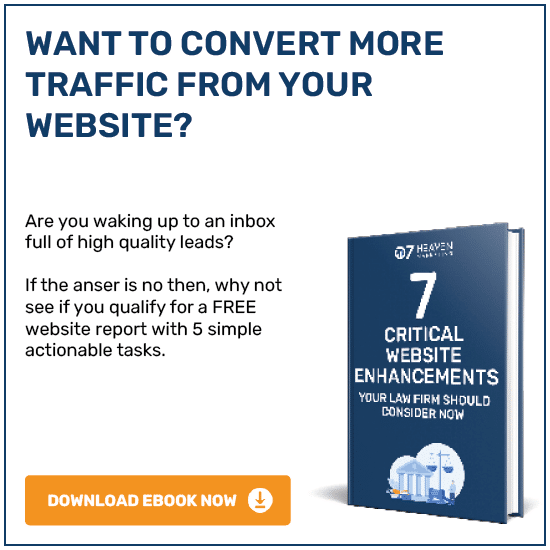How to update a website is essential for keeping your site fresh, relevant, and engaging. A well-maintained website not only attracts more visitors but also keeps them coming back. Ready to dive in? Let’s get started with some pro tips!
Why Updating Your Website Matters
First things first, why should you bother considering how to update a website? It’s simple: an outdated website can turn potential customers away. Fresh content and a modern design can significantly enhance user experience, improve SEO rankings, and ultimately drive more business. So, how do you keep your website in top shape?
Assess Your Current Website
Before you jump into making changes, take a step back and assess your current website. Identify what’s working and what’s not. Look at your analytics to see which pages are performing well and which ones need improvement. This will give you a clear idea of where to focus your efforts.
Refresh Your Content
Content is king, and keeping it fresh is crucial. Start by updating your blog posts, product descriptions, and landing pages. Make sure your content is relevant, informative, and engaging. Incorporate keywords naturally to improve your SEO rankings. Don’t forget to update any outdated information or statistics.
Improve Your Website Design
A visually appealing website can make a huge difference. Consider updating your website design to make it more modern and user-friendly. Use high-quality images, easy-to-read fonts, and a consistent colour scheme. Make sure your design is responsive, so it looks great on all devices.
Enhance User Experience
User experience (UX) is key to keeping visitors on your site. Make sure your website is easy to navigate, with clear menus and a logical structure. Use calls to action (CTAs) to guide visitors towards your desired actions, whether that’s making a purchase or signing up for a newsletter.
Optimise for Mobile
More people are browsing the web on their mobile devices than ever before. Ensure your website is mobile-friendly by using a responsive design. Test your site on various devices to make sure it looks and functions well on all screen sizes.
Speed Up Your Website
A slow website can frustrate visitors and drive them away. Use tools like Google PageSpeed Insights to analyse your site’s speed and identify areas for improvement. Compress images, minimise code, and use a content delivery network (CDN) to speed up your site.
Update Your SEO Strategy
SEO is an ongoing process, and it’s important to keep your strategy up to date. Conduct keyword research to identify new opportunities and update your content accordingly. Use internal and external links to improve your site’s authority. Monitor your rankings and make adjustments as needed.
Add New Features
Adding new features can enhance your website’s functionality and keep visitors engaged. Consider adding a blog, a forum, or an online store. Integrate social media feeds to keep your content fresh and encourage social sharing. Use plugins and tools to add interactive elements like quizzes or surveys.
Ensure Security
Website security is crucial to protect your data and your visitors’ information. Keep your software and plugins up to date to prevent vulnerabilities. Use strong passwords and two-factor authentication. Consider using a security plugin to monitor your site for threats.
Monitor and Analyse
Regularly monitor your website’s performance to identify areas for improvement. Use tools like Google Analytics to track your traffic, bounce rate, and conversion rate. Analyse your data to understand your visitors’ behaviour and make informed decisions.
Engage with Your Audience
Engaging with your audience is key to building a loyal following. Respond to comments and messages promptly. Use social media to interact with your audience and promote your content. Encourage user-generated content and testimonials to build trust and credibility.
Backup Your Website
Regular backups are essential to protect your website from data loss. Use a reliable backup solution to create automatic backups of your site. Store your backups in a secure location and test them regularly to ensure they can be restored if needed.
Seek Professional Help
If you’re not confident in your ability on how to update a website, consider seeking professional help. A web developer or digital marketing agency can provide expert advice and assistance. They can help you with everything from design and development to SEO and content creation.
Conclusion
Updating your website is an ongoing process that requires regular attention and effort. By following these pro tips, you can keep your site fresh, relevant, and engaging. Remember, a well-maintained website can significantly enhance user experience, improve SEO rankings, and drive more business.
For more tips and insights, check out our blog . If you have any questions or need assistance, feel free to contact us via email at info@07hm.co.uk or call us at 01702 410663.





